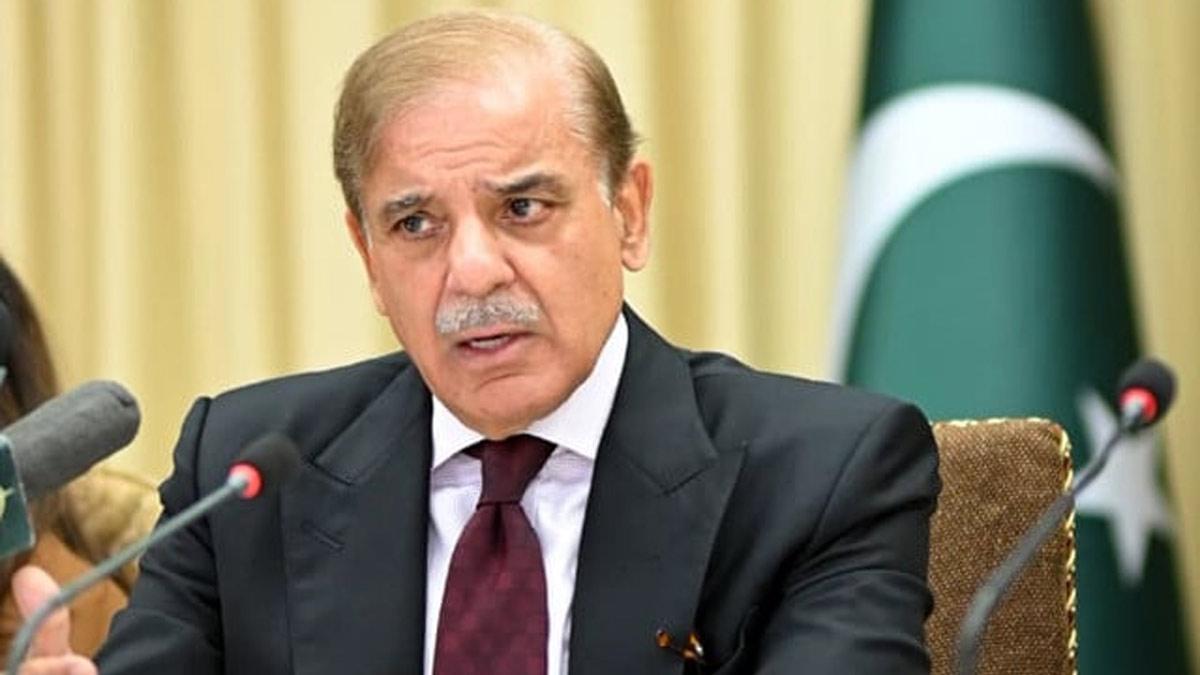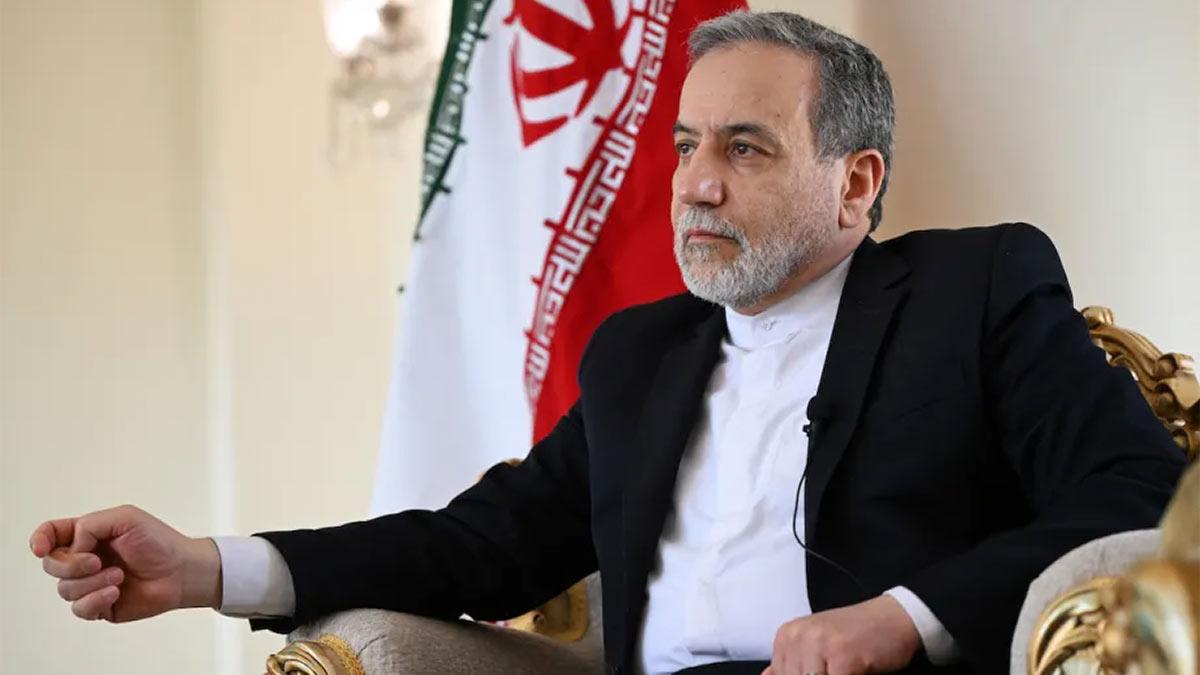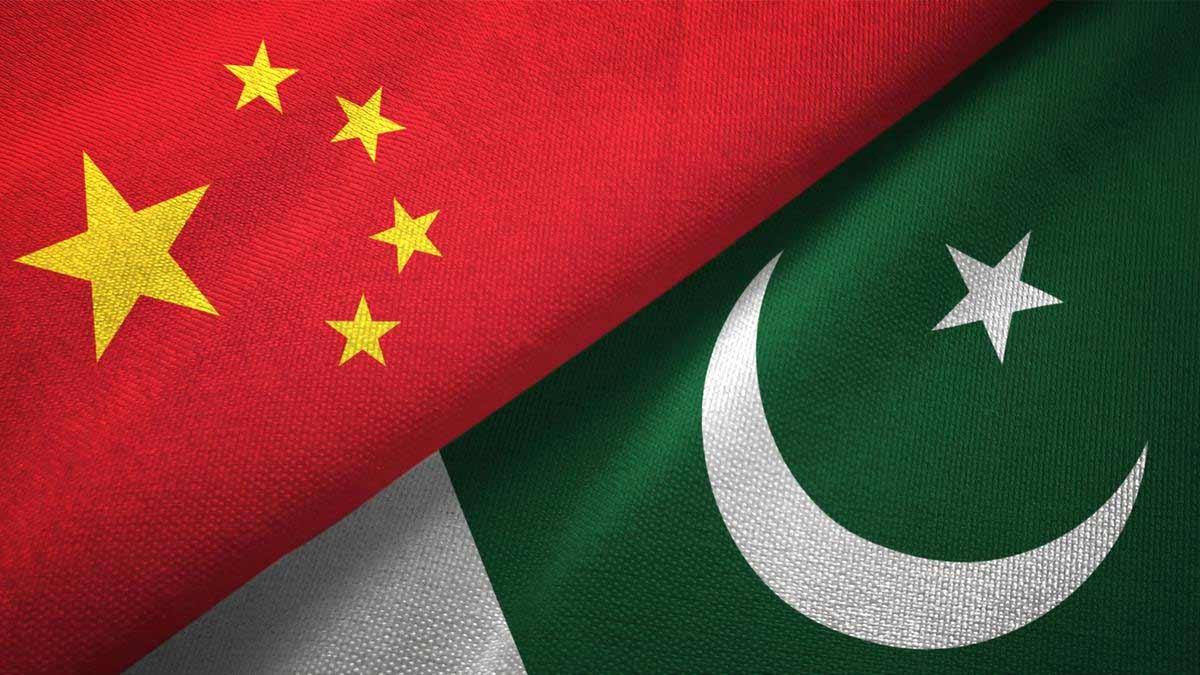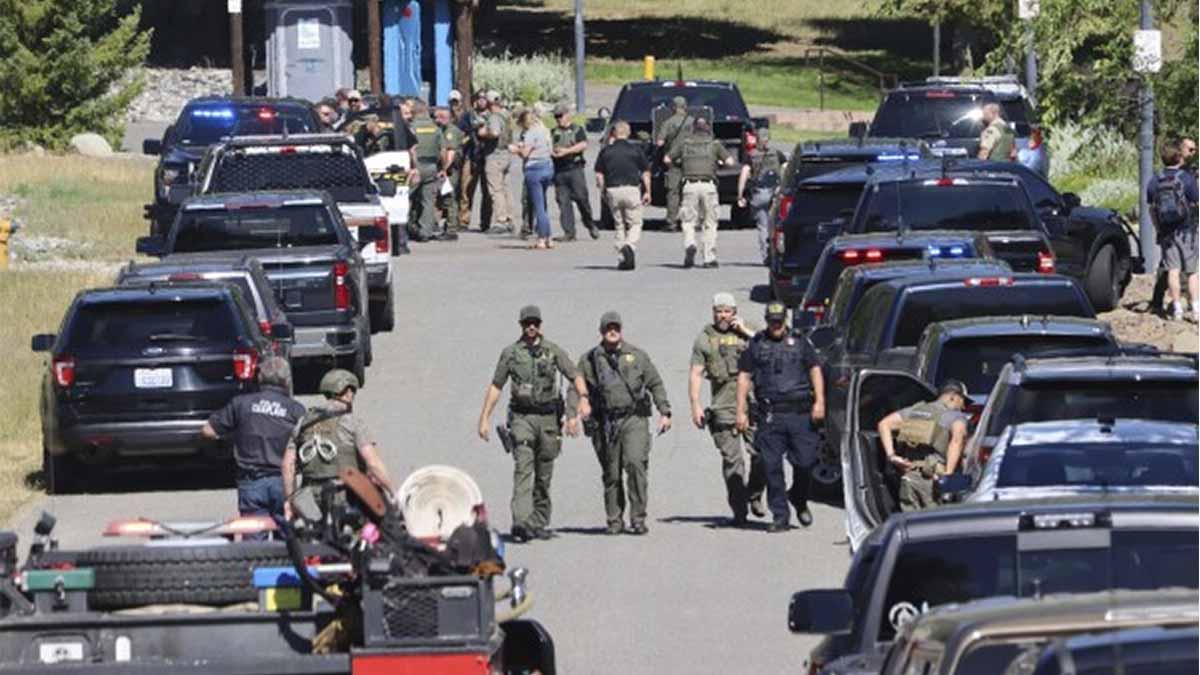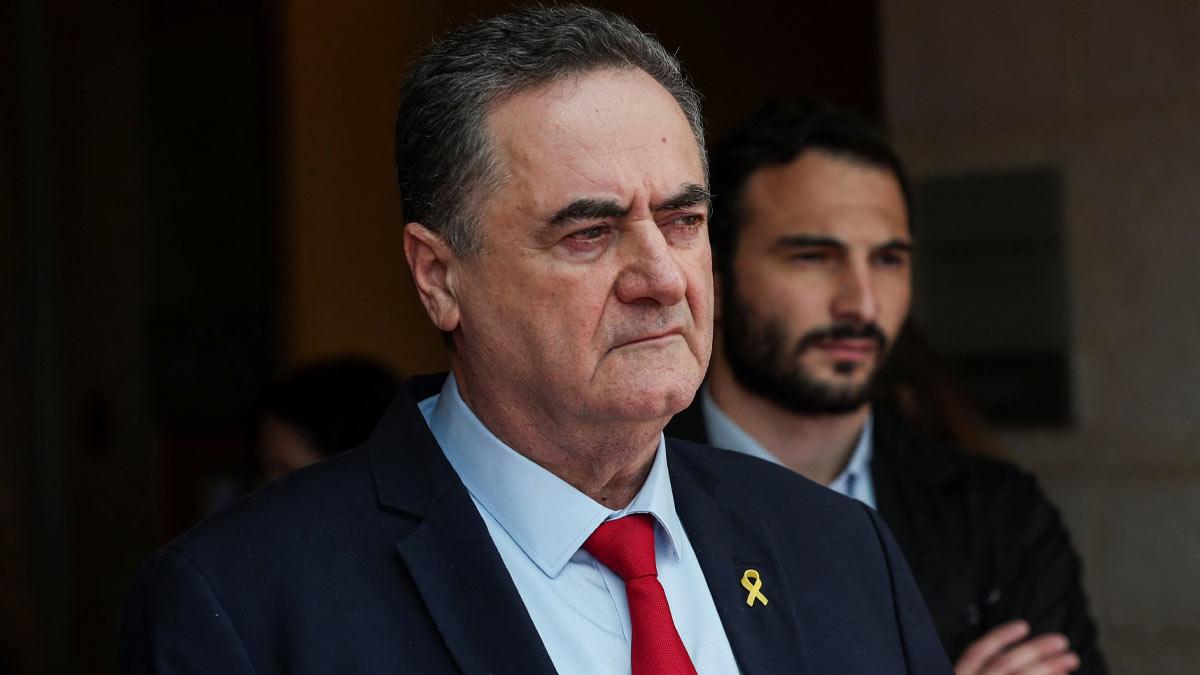Pakistan Prime Minister Shehbaz Sharif once again openly admitted that Indian ballistic missiles had hit several targets within Pakistan in the night of May 9 to 10, surprising the Pakistani military.
The Prime Minister disclosed that Pakistan forces were setting up a retaliatory strike set for 4:30 a.m., shortly after Fajr prayers, but India pre-empted this by firing BrahMos missiles at several locations in Pakistan, including the Rawalpindi airport.
"During the night of 9-10 May, we decided to react measuredly to India's aggression. Our military forces were prepared to strike at 4:30 in the morning after Fajr prayers to impart a lesson. But before that hour came, India carried out another missile attack with BrahMos targeting different provinces of Pakistan, including Rawalpindi's airport," Mr. Sharif said in a speech in Azerbaijan.
These Indian missile attacks were a component of Operation Sindoor, a targeted military operation against terror infrastructure in Pakistan and Pakistan-Occupied Kashmir (PoK). This was initiated in response to the terror attack in Pahalgam on April 22, which killed 26 persons.
This is not the first that Mr. Sharif has confirmed the extensive damage inflicted by Operation Sindoor. Earlier in May, he revealed that ballistic missiles had attacked Nur Khan Airbase and other locations in Pakistan at dawn on May 10. Addressing an event in Islamabad, the Prime Minister narrated how he received a call at 2:30 a.m. from Chief of Army Staff General Syed Asim Munir, who briefed him on the missile attack.
"During the intervening night of May 9-10, at about 2:30 a.m., General Asif Munir phoned me on a secure line to inform me that India had fired ballistic missiles. One had hit Nur Khan airbase, and others hit other places," he said.
Government sources indicated that the Indian strikes killed close to 100 terrorists belonging to outfits like Jaish-e-Mohammed, Lashkar-e-Taiba, and Hizbul Mujahideen. The Indian army targeted nine terror camps — four in Pakistan (Bhawalpur, Muridke, Sarjal, and Mehmoona Joya) and five in PoK (Sawai Nala, Syedna Bilal, Gulpur, Barnala, and Abbas).
Pakistan retaliated by sending drones to bomb civilian zones in India. India struck some of the chosen military targets deep within Pakistan, including radar installations, command bases, and ammunition stores in Rafiqui, Chaklala, Rahim Yar Khan, Sukkur, and Sialkot, among others.
On May 10, both countries committed themselves to putting an end to all firing and military operations on land, air, and sea with immediate effect. Pakistan defied the ceasefire within a matter of hours. Later, the Indian army confirmed the ceasefire remained intact with no definite cut-off date.
Pakistan shows willingness to talk, India imposes conditions
Earlier during the week, Shehbaz Sharif stated that Pakistan was willing to talk to India in order to address "long-standing issues" like Kashmir, sharing of water, and trade. Nevertheless, New Delhi made it clear that talks can only continue if Pakistan stops cross-border terror.
"Terrorism and talks cannot go hand in hand," External Affairs Ministry spokesperson Randhir Jaiswal said in his weekly press briefing.
He also said, "Our stance on interacting with Pakistan has been uniform. The dialogue has to be two-way. Pakistan has to surrender the terrorists whose names and files we gave years back. We will discuss Jammu & Kashmir only once Pakistan withdraws from PoK and returns the land to us. On Indus Water Treaty, it will continue to be suspended until Pakistan irrevocably and credibly gives up its backing for cross-border terrorism."
Read also| Trump Claims He Advised Netanyahu Against Taking Action on Iran

